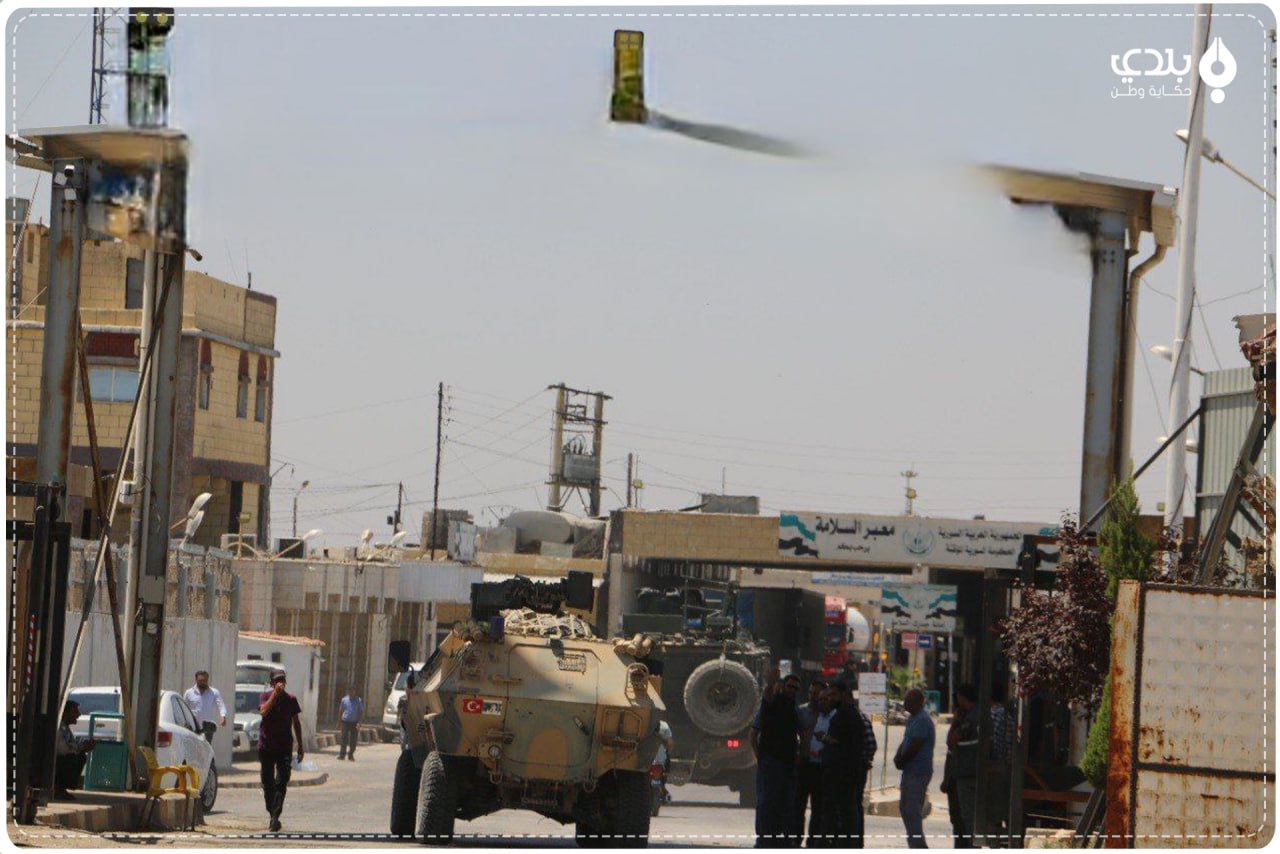A Russian official recently stated that a meeting between Turkish President Recep Tayyip Erdogan and the head of the Syrian regime, Bashar al-Assad, is expected to occur after the completion of the “road map” work.
The process of establishing a dialogue between Ankara and the Syrian regime has halted during the preparation of the “map” due to conflicting priorities regarding the withdrawal of Turkish forces from Syria.
However, Alexander Lavrentyev, the Russian presidential envoy to Syria, mentioned that the normalization process between Syria and Turkey is progressing steadily each month. During an interview with the al-Arabiya website, he explained that the initial step is to arrange a meeting of experts, followed by a trilateral meeting of defence ministers and a meeting of foreign ministers. The foreign ministers have directed their deputies to work on a roadmap.
US Intelligence Recruits More SDF Militants to Fight in Ukraine
Lavrentyev stated, “Efforts are currently underway to invigorate the roadmap.” He also noted, “Once this work is completed, the presidents will be updated on the results, and subsequently, a meeting between Turkish President Erdogan and Syrian President Assad will be organized in the presence of Russian President Vladimir Putin.”
Regarding the reopening of international highways, the Russian official mentioned that Turkey has made commitments to relocate armed groups to a distance of six kilometres from the M4 road between Hassakeh and Aleppo. Turkey also plans to install barriers along the road. However, he added, “There are certain challenges in this regard,” and emphasized that problems exist concerning the Turkish side’s relationship with these armed groups in the region.
He concluded, “The task is arduous, but we remain committed and continue to coordinate the positions of the Syrian and Turkish sides with the assistance of Russian military mediation.”
Terms and demands
The most recent encounter between Turkish officials and affiliates of the Syrian regime took place on June 19th during the twentieth Astana talks.
Following the meeting, the government-aligned newspaper Yeni Safak reported that Ankara had laid out four conditions for the Assad regime. Additionally, it posed a question regarding the issue of “withdrawal.”
The four conditions encompassed a constitutional amendment, fair elections, dignified and secure repatriation of refugees, and cooperation in combating terrorism by the PKK and the YPG.
Up until now, the regime has insisted on the withdrawal of Turkish forces from northern Syria, making it a prerequisite for initiating any normalization process.
According to an unnamed source cited by Yeni Safak, a Turkish withdrawal will only occur once the issue of terrorism is resolved.
The source also mentioned that Turkish officials raised a question to their counterparts in the regime during the recent Astana 20 talks. The essence of the query was: “Who will ensure the region’s security once the Turkish army withdraws? Can you effectively control these individuals?”
Military Coordination Center
Yeni Safak newspaper highlighted the inclusion of a “military coordination center” on the agenda.
This center, comprising Turkey, the regime, Russia, and Iran in the region, aims to facilitate Syria’s swift return to normalcy. The establishment of this center is intended to enable a collaborative effort in the fight against terrorism.
As per the information provided by the source, a representative from each country is anticipated to be designated to oversee the proposed mechanism. The significance of this initiative is expected to become more apparent in forthcoming meetings.
This article was translated and edited by The Syrian Observer. The Syrian Observer has not verified the content of this story. Responsibility for the information and views set out in this article lies entirely with the author.


